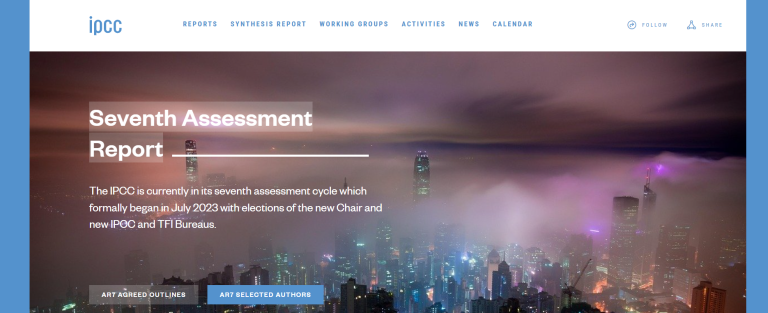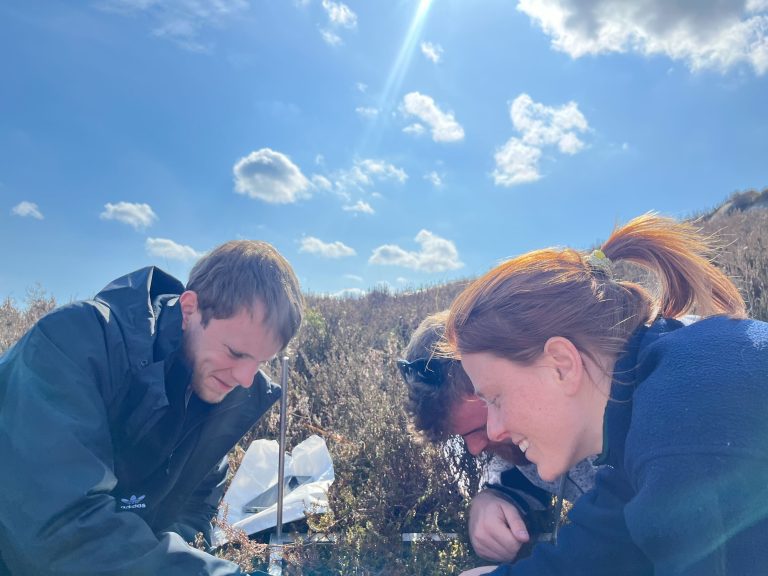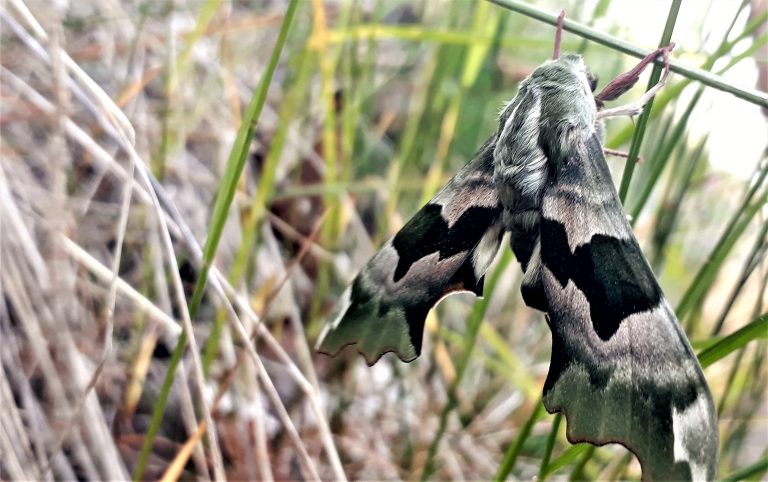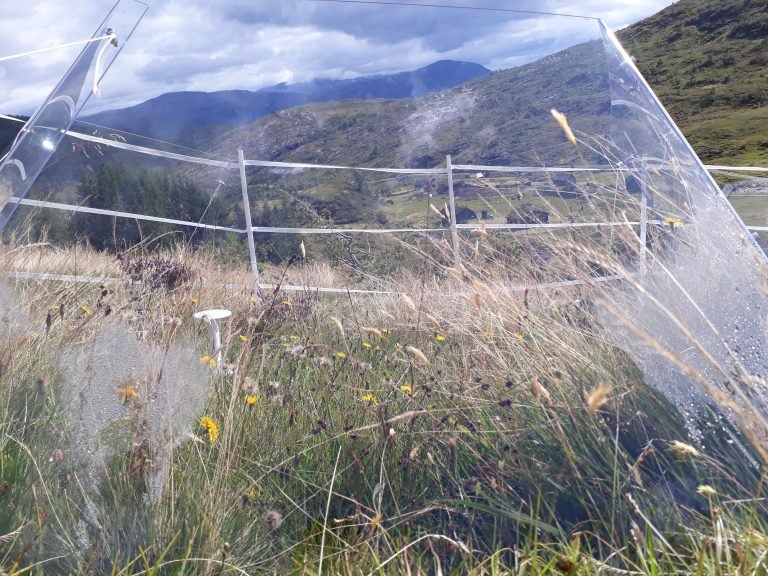After her role as coordinating lead author for the IPBES Invasive Alien Species Assessment, Vigdis Vandvik will now contribute to the upcoming seventh IPCC report and be co-responsible for a chapter on how climate change affects biodiversity, ecosystems and ecosystem services on land and in freshwater. The Coordinating Lead Authorship will be shared with Denis J. READ MORE
Category: Uncategorized
We are hiring: PhD in applied ecology – Ecobudgets
Come work with us! ECOBUDGETS looks at how a budgeting approach to land management can lead to political decisions that take into account national and local goals for nature and climate. Several municipalities are developing methods and tools for using map-based approaches in land management, for example through nature accounts and climate budgeting. Bergen Municipality READ MORE
MSc thesis: Identifying decomposers of fungal mycelium across climate gradients and plant removals
Project description Decomposition – the recycling of nutrients from dead organic matter (e.g., plant litter, fungal and bacterial necromass) – is key for ecosystem productivity in terrestrial ecosystems. It liberates carbon and nutrients that can be used to produce new, living biomass. Not all organic matter is fully decomposed and, thus, released back to the READ MORE
UPCOMING – MSc thesis: Quantifying the functional potential of soil microbial communities
Project description Soil microbial communities perform a multitude of ecosystem functions in the soil ecosystem (Crowther et al. 2019). Quantifying the functional potential of microbial communities is useful for studying microbially mediated ecosystem processes such as carbon (Trivedi et al. 2016) and nitrogen cycling (Zhang et al. 2013), how they respond to environmental and ecosystem READ MORE
MSc thesis: Soil bacterial and fungal abundance in response to plant removals across climatic gradients
Project description Climate change entails global and local shifts in temperature and precipitation, with consequences for biotic communities in above- and belowground ecosystems (Jansson and Hofmockel 2020). Soil bacteria and fungi are two major groups of microorganisms constituting a large part of the soil microbiome. Both groups include partners and parasites of plants as well READ MORE
Internship blog: Roos on the start of her internship
Roos Bruins Slot is one of our interns this year. She is part of the Durin project and works with our PhD student Kristine Birkeli to help collect carbon flux measurements in the field. Get to know Roos better! She writes: “I’m a Dutch Biology student and started my internship with Between the Fjords in READ MORE
MSc thesis: Impacts of range-expanding plants on pollinator interactions
Project background As both native and exotic species shift their distributions in response to climate warming and through biological invasions, many expand their ranges across elevational gradients. This expansion results in the reassembly of ecological communities, which meditates the effects of climate warming on biodiversity and key ecosystem functions. RangeX is a multidisciplinary, replicated field READ MORE
MSc thesis: Disentangling drivers of plant population establishment after range expansion
Project background As both native and exotic species shift their distributions in response to climate warming and through biological invasions, many expand their ranges across elevational gradients. This expansion results in the reassembly of ecological communities, which meditates the effects of climate warming on biodiversity and key ecosystem functions. RangeX is a multidisciplinary, replicated field READ MORE
Two positions available in new FUNDER project
FUNDER got funded! We are excited to start exploring the Direct and indirect climate impacts on the biodiversity and Functioning of the UNDERground ecosystem this spring. To that end, we are now recruiting a PhD and a Postdoctoral research fellow. The PhD position focuses on the roles of alpine soil mesofauna (nematodes, micro-arthropods) and READ MORE
Measuring carbon fluxes on asphalt?
By Joseph Gaudard We were getting some strange looks while measuring ecosystem carbon fluxes on… the parking lot of the university. And for a reason: what would one expect to respire on clean asphalt? Nothing or almost. So what was I doing here, with my whole setup and four students? Well, the most important thing READ MORE






